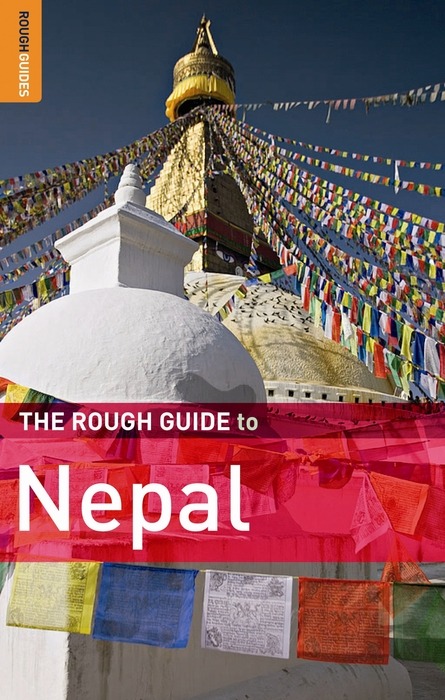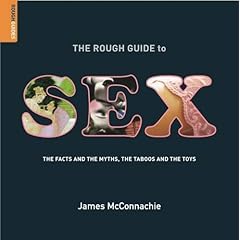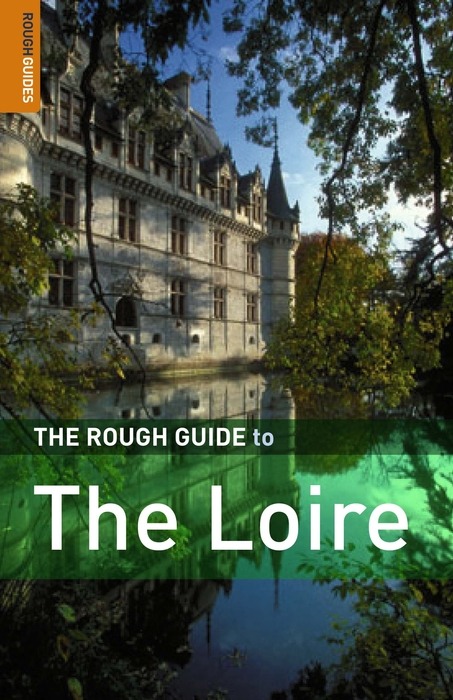An engaging, enlightening “biography” of the ancient Hindu manuscript that became the world’s most famous sex manual
The Kamasutra is one of the world’s best-known yet least-understood texts, its title instantly familiar but its actual contents widely misconstrued. In the popular imagination, it is a work of practical pornography, a how-to guide of absurdly acrobatic sexual techniques. Yet the book began its long life in third-century India as something quite different: a seven-volume vision of an ideal life of urbane sophistication, offering advice on matters from friendship to household decoration. Over the ensuing centuries, the Kamasutra was first celebrated, then neglected, and very nearly lost—until an outrageous adventurer introduced it to the West and earned literary immortality.
In lively and lucid prose, James McConnachie provides a rare, intimate look at the exquisite civilization that produced this cultural cornerstone. He details the quest of famed explorer Richard F. Burton, who—along with his clandestine coterie of libertines and iconoclasts—unleashed the Kamasutra on English society as a deliberate slap at Victorian prudishness and paternalism. And he describes how the Kamasutra was driven underground into the hands of pirate pornographers, until the end of the Lady Chatterley obscenity ban thrust it once more into contentious daylight.
The first work to tell the full story of the Kamasutra, The Book of Love explores how a remarkable way of looking at the world came to be cradled between book covers—and survived.
Michael Dirda in The Washington Post
“the real Kamasutra is even more fascinating than its myth… McConnachie has written an altogether first-rate work of intellectual history for ordinary readers.”
William Dalrymple in The Times
“James McConnachie’s elegant and stylish Book of Love tells not only the story of how and where the Kamasutra came to be compiled, but paints an enticing picture of the society in which it was written.”
Wendy Doniger, Mircea Eliade Distinguished Service Professor of the History of Religions in the Divinity School, University of Chicago
“A delightfully racy and adventurous life story of a book, combining thorough scholarship with fascinating Orientalist gossip. The Book of Love illuminates both the luxurious third-century world that gave rise to the Kamasutra and the nineteenth-century colonial explorations that brought it to Europe, as well as our own often hilarious response to it.”
Stuart Kelly in The Scotsman
“McConnachie’s book is a vastly entertaining and consistently intelligent guide to the history of this misunderstood and vaguely disreputable book.”
Frances Wilson in The Sunday Telegraph
“A fascinating cultural history which puts the Kamasutra back in its rightful position." Full review.
Ian Pindar in The Guardian
"this scholarly and enjoyable book rescues Vatsyayana’s masterpiece from the grubby little corner of the bookshop to which it has been condemned for so long.”
Nicola Doherty in The Erotic Review
“a fascinating biography … This compelling and very readable account dispels the myths around one of the world’s most influential books”
Christopher Hart in The Sunday Times, 5th August 2007
“A scholarly, stylish and entertaining study of the ancient Hindu text on erotic pleasure." Full review Paperback review
Lee Siegel, professor of South Asian religions at the University of Hawaii and author of Who Wrote The Book of Love
"Wonderful, so interesting, so engagingly written, so savvy, so very, very well conceived and articulated … a great piece of work.”
Lucy Moore, author of Maharanis: The Lives and Times of Three Generations of Indian Princesses
‘A beautifully written exploration of the Kamasutra’s third-century Indian world and how profoundly its nineteenth-century “discovery” and dissemination has affected our own.’





